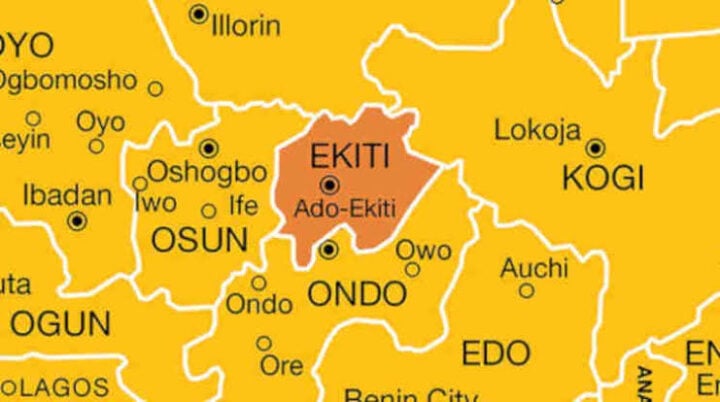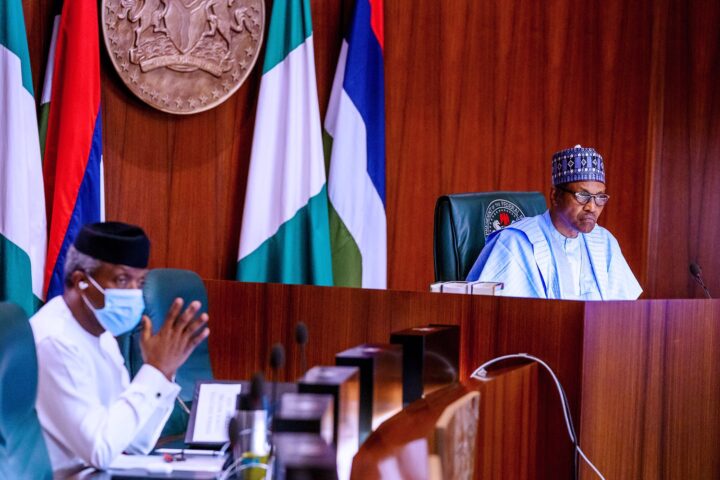PricewaterhouseCoopers (PwC) has faulted the ruling of the tribunal on a tax evasion dispute between Multichoice Nigeria Limited and the Federal Inland Revenue Service (FIRS).
This is contained in the August 2021 Tax Alert released by the firm.
Multichoice is the owner of the satellite televisions, DStv and GOtv – popular subscription-based platforms in Nigeria
In July, the FIRS had appointed some commercial banks as agents to recover N1.8 trillion from accounts of Multichoice Nigeria Limited (MCN) and Multichoice Africa (MCA) over allegations that the companies had refused to grant FIRS access to its servers for audit.
Advertisement
The FIRS said it determined through a forensic audit that Multichoice Nigeria Limited failed to pay to the government of Nigeria taxes worth N1.8 trillion.
Last Tuesday, the case was brought before a five-member tax appeal tribunal (TAT) led by A.B. Ahmed, the tribunal chairman, following an application filed by the counsel to FIRS.
After the tribunal hearing, confusion reigned between both parties over the amount expected to be paid as security for prosecuting an appeal before the TAT.
Advertisement
Abdullahi Ismaila Ahmad, FIRS spokesperson, said the tribunal ordered Multichoice Nigeria Limited to deposit 50 percent of the disputed N1.8 trillion tax — about N900 billion — with the agency.
But Multichoice Nigeria said the directive issued by the TAT does not compel it to make payment of 50 percent of N1.8 trillion, being half of the disputed tax assessment.
The company said it is required “to deposit with FIRS an amount equal to the tax paid by Multichoice Nigeria in the preceding year of assessment OR one half of the disputed tax assessment under appeal, whichever is the lesser amount plus 10%”.
PWC FAULTS TRIBUNAL OVER CONFUSION
Advertisement
In its report, PwC referred to paragraph 15(7) of the Fifth Schedule to the FIRSEA which provides three conditions for the tribunal to grant an order over the issue of security deposit.
“At the hearing of any appeal, if the representative of the Service proves to the satisfaction of the Tribunal hearing the appeal in the first instance that; a) the appellant has for the year of assessment concerned, failed to prepare and deliver to the Service returns required to be furnished under the relevant provisions of the tax laws mentioned in paragraph 11,” the fifth schedule reads.
“B) the appeal is frivolous or vexatious or is an abuse of the appeal process; c) or it is expedient to require the appellant to pay an amount as security for prosecuting the appeal.”
PwC said it is curious that the tribunal did not refer to any of the three conditions in reaching its decision.
Advertisement
“As a result, the Tribunal did not mention which facts were placed in proof of such condition(s), or how it considered that the FIRS’ facts were cogent enough to trigger the provision,” the report reads.
“The Tribunal ignored this critical part of the provision and focused on the order for statutory deposit.”
Advertisement
The firm also cited paragraph 13 of the Fifth schedule to the FIRSEA which provides for persons who are aggrieved by the decisions of the FIRS to appeal such decisions to the Tribunal.
PwC said the only conditions to appeal such a decision is to file the appeal within 30 days in the prescribed form and to pay the necessary filing fees.
Advertisement
PwC also argued that it is not mandatory for the tribunal to make the order for the statutory deposit.
It said even if the FIRS can prove at least one of the conditions listed in the provisions, the tribunal may still exercise discretion on whether to order Multichoice Nigeria to make a statutory deposit or not.
Advertisement
The global tax and audit firm further said that the tribunal’s order for the appellant to make “the required deposit as provided under Schedule 5 para 15(7)…” is vague considering that the provision requires the payment of the lower of: a) an amount equal to the tax charged upon the appellant for the preceding year of assessment; b) or half of the tax charged by the assessment under appeal.
“A simple confirmation of the amount paid by MCN in the preceding year of assessment, if any, would have enabled the Tribunal to make a definite order that would not be open to misinterpretation by both parties involved in the dispute,” it reads.
“However, it is clear from the law that MCN is required to pay the lower of the two amounts under the referenced provision of the law.
“As analysed above, the Tribunal’s ruling, in this case, did not provide insights into how they reached the conclusion that a deposit was required based on the 3 conditions in the law.
“Therefore, there is room for taxpayers to challenge it if the FIRS attempts to cite this ruling as a precedent to argue that taxpayers must make a statutory deposit prior to filing an appeal.
“It is advisable for the Tribunal to carefully consider the requisite conditions for ordering the statutory deposits, and duly exercise its discretion under the provision in good faith. Not doing this may result in indiscriminate assessments and a decline in taxpayer confidence in the appeal process.”
The case has been adjourned to September 23.
1 comments







VEry beautiful write up from the Cable and PwC!!!